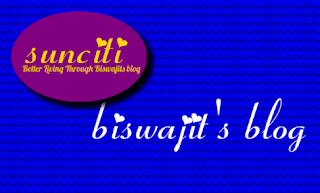job search algorithm
Ultimate Job Seeker Guide: From Resume Writing to Interview Success,Prepare, apply, and succeed! A complete job-seeker guide covering resume tips, interview techniques, and more In the competitive job market, landing your dream job can feel like a challenge. This guide breaks down the job-seeking journey, covering essential steps from finding job openings to crafting a standout resume and nailing the interview. Follow these strategies to boost your chances and secure a role that aligns with your career goals. Job Seeker Guide Job Seeker Guide Search for Jobs Prepare Resume Schedule Interview Succeed in Interview Ultimate Job Seeker Guide: From Resume Writing to Interview Success In today’s job market, finding the right position and standing out among other applicants can be challenging. This guide will take you through each stage of the job-seeking process—from searching for roles and building a compelling resume to preparing for and s...
.jpeg)


Comments